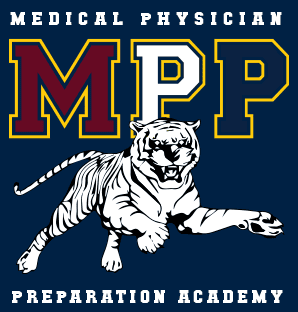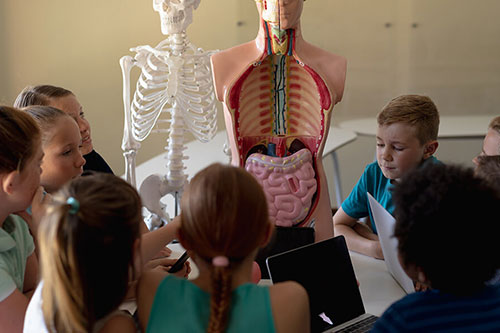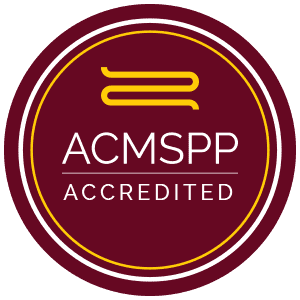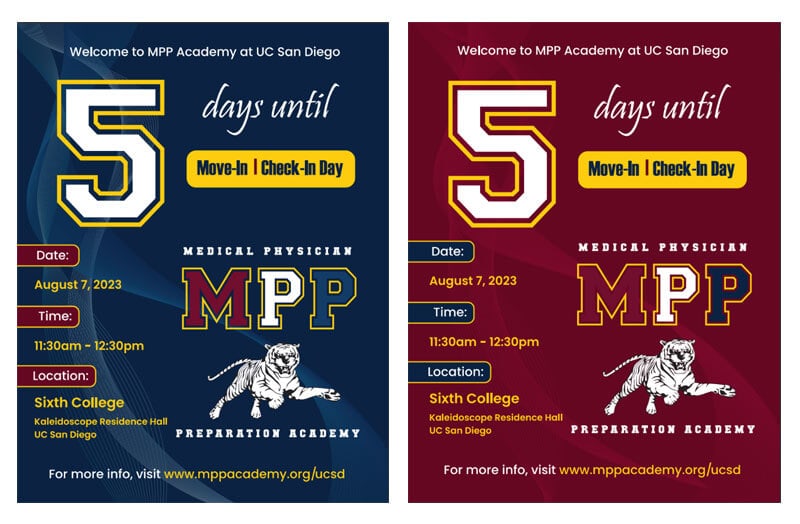Traditionally, the path to medical school starts as an undergraduate student where they pursue the pre-medicine academic track, in addition to an academic major (non-science or science field) in which students will take the prerequisite coursework necessary to apply for medical school. The next step on the path is as follows: complete medical school, then complete a residency program in the student’s chosen medical specialty, which will then lead to a full-time position as a licensed medical physician.
- MPP Programs,
Conferences, & Events-
-
MPP “Pre-Med Readiness” Elementary School Program
We are accepting applications from current 4th and 5th grade students.
VISIT ELEMENTARY SCHOOL PROGRAM WEBSITEQuick Links:
MPP “Pre-Med Readiness” Middle School Program
We are accepting applications from current 6th, 7th, and 8th grade students.
VISIT MIDDLE SCHOOL PROGRAM WEBSITEQuick Links:
MPP “Pre-Med Readiness” High School Program
We are accepting applications from current 9th, 10th, 11th, and 12th grade students.
AYP
Academic Year Program SIP
Summer Intensive ProgramMPP "Medical School Readiness" Undergraduate Program
We are accepting applications from undergraduate students starting January 1, 2024.
VISIT UNDERGRADUATE PROGRAM WEBSITEQuick Links:
-
-
- Admissions &
Scholarships - Tuition &
Fees - Apply
Now - About
MPP-
-
-
- NAPCA is a place where the brightest minds from different communities across the globe come together to explore college and careers, strengthen their academic foundation for college, identify their core values and interests, ask questions, and prepare to make an impact on the world.
-
-
-
- Dates &
Campus Locations - Courses & Hands-On
Clinical Skills Labs















